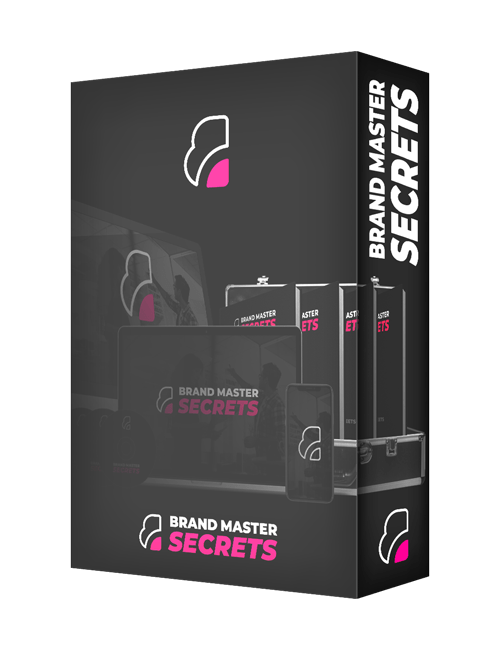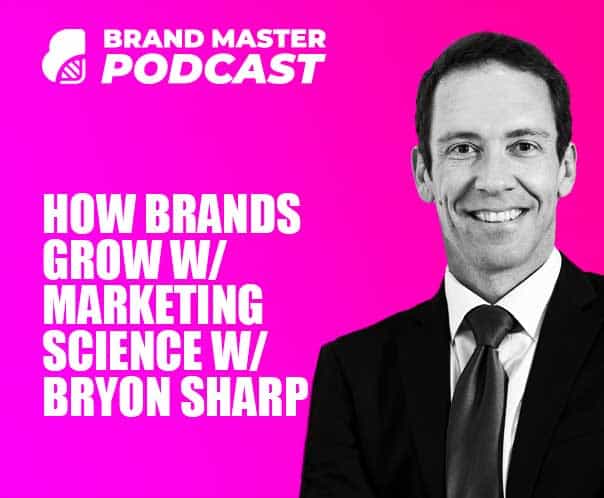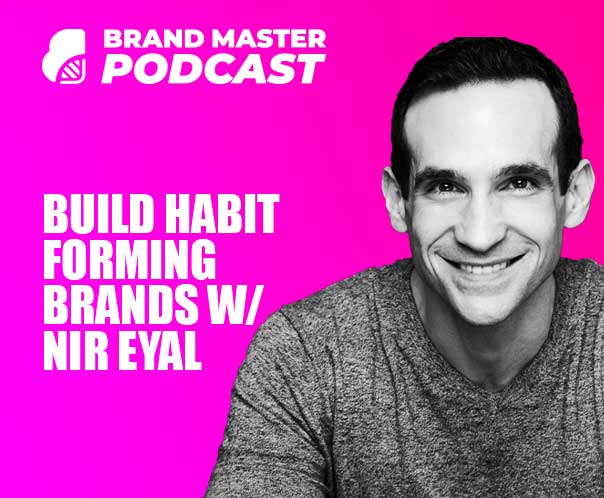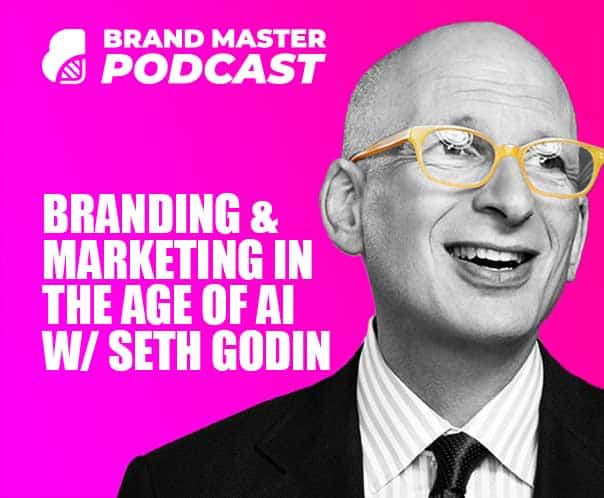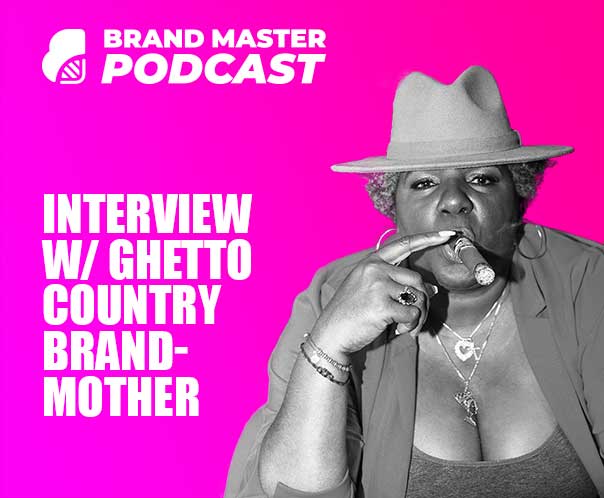I chat with David C. Baker who is the author of a book that I really love, The Business Of Expertise, How Entrepreneurial Experts Convert Insight To Impact And Wealth.
Now this book is an absolute field guide about how to find your niche and position as an expert, selling your thinking.
David shares valuable insights about
How to build your expertise
How to separate your thinking
Create an offer to sell it
Questions to ask clients to lead them to the strategy before execution
So if you are interested in learning how to separate, promote and sell your thinking from an expert about being an expert then stick around for this article.
How David C. Baker Became An Expert
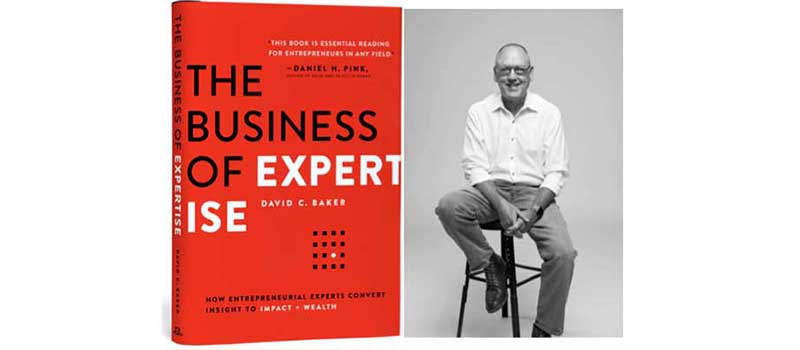
Stephen Houraghan
I love your book “Branding In Five And A Half Steps”
My favorite part of the book is your story about driving that beat-up old car and having to park 10 blocks away before going into your clients.
To kind of give off this perception of being an expert and you didn’t want your old car to interfere with that.
Can you kind of give us a little bit of a background into how you became an expert at being an expert and kind of what that journey was?

David C. Baker
Sure, I grew up overseas., my parents were medical missionaries, so my upbringing was very odd in that I didn’t come to the US to live until I was 18.
We lived way up in the mountains with no electricity or running water roads or stores. So I was really green came to the U S. I was headed to a teaching field.
Into the teaching field, I spent five full years in grad school, and to help put myself through grad school, I decided to start a firm, a marketing firm thinking how hard could this possibly be?
It turned out to be quite a bit harder than I thought, but they’re just weren’t many good examples that I’d never worked at one.
So I just started one, made a lot of mistakes, and did some things well.
About five years into that,
I began to advise other principals simply because somebody who had a publication in the field asked me to contribute some articles and I decided to write them.
It was fun and then he asked me to help them do some seminars and I did that.
Then all of a sudden I realized I’m having so much more fun doing this than I am doing what I was doing, running a firm.
It was a small 16% firm. And I realized at the time.
The world didn’t necessarily need another one of those firms, but it probably did need somebody who could advise principals about how they were running their businesses.

So it was a very quick transition.
That was 20 sets. That was 94. So however long ago, that was almost 28 years ago. Wow. And it from the very beginning, well, within a year this is how accidental it was just honestly, I needed to buy credibility.
So I was doing some direct mail, which is what you did back then and then I was also buying a full-page ad in communication arts, which was still around. The publication is still around and phone conversations.
I would be talking with a prospect and say, well, I’m sure you saw my full page ad and communication arts and of course, they hadn’t, but all I wanted to do is tell them that it was there.
And, but it just was so expensive. It was $5,000 a month. And I just simply couldn’t afford that.
So I thought, well, what if I started an email list? And people gave me their email addresses in exchange for sending them stuff that was useful to them. And that was the beginning of this way before Google or Amazon or any of those companies, even before ISP or ESPs.
And I had a server in my living room and it just started to take off. People were really interested in the stuff. And so that started a little basically a writing career.
I think of myself more as a writer who also advises and spreads the word and then of course, when Google came along, I had already given Google something to work with.
And that’s, that’s the short story, basically that is, I just stumbled on a lot of the right things accidentally. And, it’s been an interesting journey.
How Expert Positioning Opens Doors

Stephen Houraghan
So would you say that a lot of, your pathway to getting to being an expert was through writing and formulating your thoughts?

David C. Baker
Right, but not because the writing attracted clients, but because the writing forced me to articulate what I believed and in the process, it attracted others.
So I was essentially just thinking out loud in public. I don’t think of myself as a thought leader or a public intellectual.
I was just simply thinking out loud.
So as other people listened in on the conversations I was having with myself, they just. Oh, maybe there’s something here.
Maybe we should work together and, it never occurred to me that I shouldn’t give this stuff away.
I just thought, well, this helps me to figure out what I believe, what I think and I’m so embarrassed that I’m so afraid.
So terrified of being embarrassed in public, that it puts a lot of pressure to think through this stuff pretty carefully and to make as few mistakes as possible.
So that was, that was really the nucleus.
PRO Brand Strategy BluePrint
Build Brands Like A Pro Brand Strategist
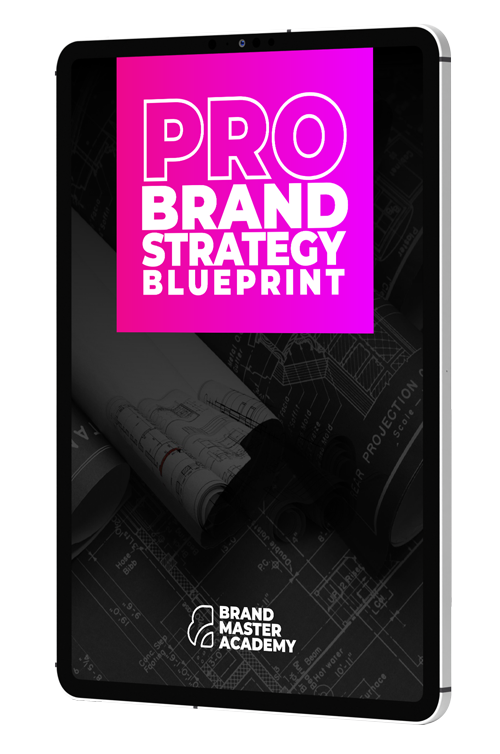
Positioning Factors For Creative Agencies

Stephen Houraghan
Now, for those who want to find their niche, who want to find their position, their area of expertise, to put that flag in the ground.
What would you say would be the most important defining factors that they could look at to really kind of plant that flag in.

David C. Baker
Yeah. The first thing is probably to recognize that you’re not going to invent expertise.
So whatever you declare is going to emerge from something you’ve already done.
So if you think back over the last however many years, you can probably go back further than it might occur to you.
So you go back X number of years, think about those situations where you made money and you made a difference.
You move the needle on behalf of the client and you’re probably going to come up with five or six options and the process of selecting a niche you’re narrowing.
Your focus is really to choose one of those types and say no to the rest. So we’re not talking about inventing expertise.
We’re talking about making a choice, crossing a boundary.
From here forward, our rate of learning will accelerate a whole lot.
We’re already competent enough and the choice we’re making is to learn at a much faster rate.
So that’s the first thing we’re not inventing expertise.
The other thing is to think about.
How many competitors are there and how many prospects are there.
And here’s where we can get a little bit scientific, not totally scientific, but a little bit closer to that, that goal.
If you look across the landscape and you can’t find anybody else, who’s declaring the same sort of expertise that you intend to declare

Then you’re either first to which is unlikely or other people have considered it and decided it wasn’t viable.
So you really do want to find some competitors, but not too many.
That’s somewhere in the 10 to 200 range and then the same thing for prospects.
You want at least 2000 prospects.
Now I’m talking about professional services here, not products or anything.
If there are more than 10,000 prospects, you probably need to narrow it a little bit more.
The fourth thing I’d say is this kind of relieves a little bit of that pressure in your mind, that focusing is really about the work that you are publicly going to seek.
It does not control the work that you accept privately.
So you can still take some of this work, especially during that awkward transition, where you’re a total unfocused generalist down the road, you want to be very focused specialist
So don’t be afraid of not having food on the table because you can’t work with this client.
It’s just when it comes to your positioning, your messaging, you should focus that these are particular at businesses that you want to be known for, is pretty much what you speak about.

Take work where you’re really suited for it.
But in that awkward time, you can keep taking the work that you’re doing now, which frankly you wouldn’t have had any trouble accepting just yesterday because you did a good enough job.
And that relieves a little bit of that pressure.
This is something that I talk about extensively as well, because so many people have trouble with really that mindset shift of, or shifting that focus.
But it is true that if you are positioning, it’s really just about the
message to the market and what you do behind the scenes.
You can choose to communicate or not.
So, although from a positioning perspective, you are closing that door on this other business to be more relevant and more focused behind the scenes.
You’re still able to work with these people.
Explore Brand Strategy
Programs & Tools
How To Build Your Expertise

Stephen Houraghan
A lot of people are nervous about calling themselves an expert.
So just to give you an example, I speak a lot about brand strategy as kind of an alternative to offering more creative services, just a different kind of spin on.
In an area that’s growing in terms of understanding what would you say to somebody who has a fear that they don’t have a complete understanding of this area.
They want to go down that road and you have a technique called the 55 topics that you use before.
Can you explain what that concept is?

David C. Baker
So often those questions that kind of undermine our confidence are really internal.
We’re usually not hearing those from prospects or clients and to quell those, you just acknowledge that they’re there and you begin noting.
So write down those questions that you get consistently from your clients or prospects, where you don’t feel like you have a carefully articulated point of view and you feel like an expert or as a budding expert, it seems like you should, but you kind of stumble around and you hesitate and you, you, you look away, it’s just.
You can, if I was watching you objectively, I could see that you’re kind of making shit up here, temper, like, okay, it’s good enough, but it’s not, it’s not the same level of confidence.
So when you get those questions, then start writing them down and then make a commitment to articulating a point of view on those.
Now it’s not as if that point of view can’t change over time, but you owe it to yourself and you owe it to your clients to have a carefully articulated point of view about whatever it is that you’re an expert in.
I mean, what is an expert? An expert is somebody who, at least in this context, an expert is somebody who gets paid to think, not get paid to think.
And so you need to be able to, without hardly any hesitation, articulate on any question related to your expertise. And if you keep getting stumped by certain things, then by golly, write those things down. And so I did this, I did that. I had no idea how much.

There were, I just knew that there were a lot of them and I started writing them down.
I looked at us like, oh my God, there’s 55 of these things. I don’t really have a clear point of view now because I’m an entrepreneur. I did something a little bit strange. I said, okay, well, I’m going to write about these things.
Okay. How am I going to be disciplined enough to write on to research and write on them regularly?
And if I go out, I might as well get paid to do that. So I created a publication.
It was called persuading and I sold subscriptions to it. It was $360 a year.
So $30 is an issue and every month now, because people were paying me, I felt the pressure to deliver on those promises. So I wrote 55 issues and then when I was done, I closed it down.
So four and a half years and made about a million dollars. People pay me a million dollars to figure out what I saw and thought about it and you can be an entrepreneur at the same time.
Oh, I love that. and in your writing as well, and this is something that you’ve spoken about before you didn’t just create content for the sake of content.
Content vs Insights

Stephen Houraghan
Now we live in this content-heavy world and it’s kind of this known thing that you need to do, you need to go out and create content.
But speak to me about the difference between insight versus content because anybody can create content.
But the real value is in the insight, is that what you believed?

David C. Baker
It is, Yes. And I would say that most of the content that you and I read is content instead of insight because it’s based on really weak positioning.
It could be applied to so many different things. It could be written by so many different people that I don’t have a really specific definition of the difference between the two, except that insight is ignorable.
So if some, if it’s the right target that you’re writing for and they read your insight, they should be forced in their mind to stop and think and either agree with it or disagree with it.
Content is completely ignorable. It’s the kind of stuff that you read on LinkedIn de. Minute after minute, you go back to LinkedIn and you see there are 17 notifications of new articles, and none of them are worse than reading it.

Doesn’t make you stop and think to stop you in your tracks and think insight changes how I think it’s ignorable and it’s based on a very tight positioning content.
It’s the kind of stuff that you write because you think it’s cheaper than buying ads. You think you’re, you’re feeding something to Google or you’re trying to do something with SEO.
And you’re not generously giving away brilliant insight to your prospect and clients. Content is what you write for yourself inside is what you write for other people.
Don’t Give Away Thinking For Free

Stephen Houraghan
A lot of you spoke earlier a little bit about expertise as the thinking behind it.
The execution on the separation of the thinking and the execution.
How valuable is that thinking when compared to the execution, a lot of people give this away for free?
How valuable is that thinking?

David C. Baker
Well, I guess it depends on how valuable the thinker thinks it is, right? In the industry that you and I serve, it’s very obvious to see this because you’ll find long, you’ll find 80-page proposals.
That analysis of what’s happening at the client level makes very specific suggestions about what they should do differently.
Then the only decision the prospect has is do you want to hire me to do all of this stuff? I’ve just told you, you should do. Or do you want to hire somebody else or do you want to do it yourself?
You’re giving away the thinking and instead of that,
It’s the antithesis or sort of the solution to long proposals that giveaway thinking is to sell it in some sort of a roadmap, right.
The diagnostic was the very first engagement that you’re working with the client is really to solve that. So, if a client isn’t sure if they want to hire you.
The way to answer that question is not to solve their problems before they hire you. The solution is to help them see how you think and the process you use to arrive at it.
And you wouldn’t quite say it like this, but what you’re thinking is, listen, I have no idea.
What’s in your, what’s wrong with your situation right now?

I do know though. Seen many situations like this, and I have a way of solving this. I have a process that I apply and if you’re not sure how I think here is some stuff that I’ve written.
I didn’t write it just for you, but I wrote it for the marketplace.
If you’re willing to pay me a lot of money to solve your problem, you have a right to know how I think before we start.
So here’s something I wrote for everybody rather than a proposal, which I wrote just for you. I love that because that’s exactly the conclusion that I came to over time because I made that mistake so many times I would sit on the phone with prospects for hours, I would give away my thinking of it.
I would dive deep into how I thought they could be different then I would put together this proposal and I would invest the hours and they would go with somebody cheaper.
So I’ve seen that in what I learned to do and, and this is what I believe you’re suggesting as well is to put a gate around our thinking and to give them a platform to step up and look over the gate, to see how those processes work.
Right and instead of writing content that just touches on the surface and tickles their fancy instead, just choose a narrow slice of something that’s important to them and go really, really deep with it.
And that will tempt them to work with you because of all these other unaddressed areas where you could go really deep that’s insight.
Content is really thin across the whole thing. Insight is helping them see how deeply you think about something as an example.
How To Sell Your Thinking

Stephen Houraghan
Right now, if you spoke earlier on a roadmap. Okay. So this kind of aligns with my next question here.
How can you create a compelling offer around that thinking?
So you’ve alluded to the roadmap. What would that look like?

David C. Baker
Well, it is usually anywhere from 5% to 10% of the total value of the project that you would typically do and you’re just peeling off the initial section of it.
And you’re selling that as the solution to their challenge. And the way to imagine that is to pretend that the client is fantastic.
Capabilities to implement whatever you would suggest so there’s no illusion that they’re going to hire you to do all this work.
All they want is an outside objective expert opinion on what needs to change and they’re going to do all the work. That’s how you think of a roadmap or a diagnostic.
Now, in most cases, they actually want you to do the work too.
But instead of making all those recommendations in a long proposal, which you’re doing for free, you put it into a diagnostic and that’s how you think about it in your head.
The client is going to implement all this stuff. Let me explain to them exactly what they should do, and then they will run with it.
So, what you’re doing is you’re prefacing all the work by laying out exactly what should be done and why, and then if they want to, and they almost always will, they will hire you to do the work.
How To Charge For Your Thinking

Stephen Houraghan
I love that. So for those listening, this is so valuable and that is instead of giving their thinking away, instead of putting everything into that proposal, put a fence around that.
Make that into a product and give them the opportunity to see that product, give them 10% of what you would do.
On a full project and use that as a stepping stone into the rest of your services and if you’re able to do that effectively, you give them away to guide them into your services instead of giving so much away for free upfront.
Now, when it comes to charging how do you charge for the thinking and the strategy versus the execution?
Is there kind of a ratio or percentage of one versus the other?

David C. Baker
Kind of, five to 10% that that rule usually applies, but it’s so different from firm to firm.
So if you’re building a very complicated app, then it’s going to look different than if you’re just doing an ad.
So I don’t know that there’s a particular rule of thumb, but then you also have to think about, okay, is it the same people doing both?
Because if it is. It doesn’t make any sense to charge them out at one rate for strategy, and then a lower rate for implementation.
You want to unbundle these things in your head and you want to make the strategy a requirement for working with you.
You want to make the implementation optional and actually more expensive than what they would pay somewhere else.
They come to you for the implementation.
Not because you’re cheaper, but because they want one throat to choke or they love how great a job you’ve done and not letting the implementation of the recommendations get lost in translation.
It’s just a hand for them. And so you say let’s us, and we’re happy to do that for you. We were using the same people.
So it’s a little more expensive than if you nearshore or offshore it, but it comes with this level of guarantee.
So it’s kind of a mess, it’s hard to be really specific about what that looks like.
How To Gain Authority And Control The Conversation

Stephen Houraghan
Well, look, I’ve heard you talk about this before as well, in terms of guiding them through strategy in order to get to the execution on, I think your analogy was two buildings with two doors on it and on one, you have the execution.
On the other hand, you have the strategy and for a lot of businesses, freelancers, have both doors open allowing them to go into either the door to, to pick, or choose whichever they want.
But if you close that execution door and only allow them into.
The strategy door, and then out the other side on the execution, you kind of guide them through and make sure that you get that strategy done before the execution on the other side.
So I really liked that analogy and I think for those who want to become experts and offer their expertise, that is a way, find that way to bring them through the strategy door and close that execution door and only bring them through that way.
And I’ve heard you speaking about the prospecting stage and the importance of the prospecting stage.
How do you take control of that in a way that kind of gives you all authority with your client and makes them think this person is somebody that can really help them?

David C. Baker
This answer is not as complicated as people might want it to be, and it may not even be as satisfying, but the real key is to just not care.
You can’t care about your prospect until they become a client.
In fact, I’ll just come right out and tell people like, listen, if you’re asking me questions.
I would know how to answer if we work together but they also presume a certain level of investment, which I’m not going to be over-invested in yet.
I don’t care at all about your situation yet. If you hire me, I’m going to care a whole lot and you’ve got to separate that in your mind, whoever cares the least about it.
The engagement is the one that’s going to win and if you come across as too eager to desperate then you lose all bargaining power.
And even if you do care, even if it is acting like you don’t care, it’s too difficult for you as a person, you’ve got to pretend not to care.
If that is a difficult thing for you to pull off, then you’ve got to ensure that your positioning makes it easy to have a lead generation plan.

That constant dumping an opportunity at the top of the funnel.
So if you don’t get this particular job, that’s right in front of your nose right now, you’re not going to starve.
You know that there are other people you can talk with having this weird tendency to hang on to the opportunity and overinvest in the sale.
That’s what kills us because especially after we have all these sunk costs, we put all this time into a proposal.
We spend all this time talking about the prospect and the notion of just leaving that on the table and walking away from it is what really hurts us.
So I know it doesn’t sound all that scientific, but you just can’t care too much about it.
Mistakes To Avoid Selling Expertise

Stephen Houraghan
We’ve all had situations where we kind of even if you think about relationships there’s the person who chases the other is the one that loses them.
The more you chase, the more the other person runs and vice versa.
If that’s not something that you want to do, you can implement that into your processes simply by having a set structure, to make it clear to your prospect that I am not chasing the sale if you follow your steps.
It makes it clear that you’re not desperate for the sale, because if they sense that, then obviously, they’re going to go running that.
That’s a mistake that I see, time and again for creatives, when they’re trying to sell either execution or expertise, what are some other mistakes that you’ve seen professionals make when it comes to selling their expertise?

David C. Baker
I would say relying on referrals especially, and by that, I also mean kind of word of mouth.
I’m just throwing those in the same bucket which means that. It’s sort of becomes like intermarriage in Kentucky or Mississippi, as we say up here where it just keeps moving to spiral downward because your capabilities have typically grown.
So then an early prospect’s opinion of you. So they’re still referring you to the same kinds of people that they did in those early days.
Meanwhile, you’re a much smarter firm than you were back then. So, that would be another mistake that they make.
Another one is letting clients slowly over time redesign the service offering of the firm. So not having, not leading that process.
So having a very clear idea of what you want to offer, what you can make money on.

David C. Baker
I would say relying on referrals especially, and by that, I also mean kind of word of mouth.
I’m just throwing those in the same bucket which means that. It’s sort of becomes like intermarriage in Kentucky or Mississippi, as we say up here where it just keeps moving to spiral downward because your capabilities have typically grown.
So then an early prospect’s opinion of you. So they’re still referring you to the same kinds of people that they did in those early days.
Meanwhile, you’re a much smarter firm than you were back then. So, that would be another mistake that they make.
Another one is letting clients slowly over time redesign the service offering of the firm. So not having, not leading that process.
So having a very clear idea of what you want to offer, what you can make money on.
Question To Ask Clients To Sell Strategy

Stephen Houraghan
Now, we spoke a little earlier of your two rooms, your execution room, and your strategy room.
When you decided to close that execution room and only make it exclusive for those who walk through the strategy door.
Did you find a process or a series of questions that you could ask clients to kind of guide them through that strategy door when they only wanted the execution?

David C. Baker
I think as an industry, we do a really good job of that.
We’re generally very good at listening carefully at being curious and digging deeper.
So somebody comes to you and they want something and that something is almost always in the second room. It’s almost always some sort of implementation.
Otherwise, they’re simply saying there, they’re admitting by default that something’s wrong, that they haven’t figured out yet, and what they’ve done instead of the prospect or the early client is that this is what I need.
They’re self-diagnosing and they’re looking to you, not as a doctor, but as a pharmacist, they’re saying, listen this is what I need.
Can you fill the order?
I’ll go through the drive-through and pick that up.
So the natural thing to do is just to probe deeper and say, okay, what leads you to believe that that’s the challenge?
Or if we fix that, how will your life be different? That’s where the people listening to this are usually pretty good at saying why keep asking? Why? Like, how will that change?

David C. Baker
If you could wave a magic wand, what would you change about your firm and then sometimes the way they’ve self-diagnosed is exactly correct.
And other times it isn’t, but this puts you along a path and you’ve got to decide whether you’re open to this.
It puts you along a path of moving away from being a doer to more of an advisor and being that advisor means that you have to listen carefully.
You have to push back, you have to disagree where appropriate.
You have to take a stand.
You have to have a point of view, perspective, doers, don’t you? If they have those things, they don’t talk about them too much. And so you have to decide.
If you’re comfortable with that, most people are most people that start businesses. Like this, you are very comfortable in that role, but it is a decision you have to.
Yeah, and look, it’s great to hear you say so many things that are aligned with my philosophies. In some cases, I talk about them in different ways, but essentially they’re all the exact same things. So in this instance, I talk about epiphany questions.
So asking clients questions that will help them to kind of come to their own conclusion because if they come to their own conclusion themselves, then it’s their idea and you don’t have to sell them anything.
Top 3 Tips To Position As An Expert

Stephen Houraghan
If you want to sell your expertise, then questions are the way to kind of guide them into that strategy door before you allow them into the execution door.
If you were to, let’s say you were to strip you of your authenticity, your notoriety people don’t know who you are anymore, and you have your creative skills and you decide you want to start a creative studio again.
You want to build an agency. What would be the top three things that you would do?
2, 3, 4 things that you would do to establish yourself In the market as an expert?

David C. Baker
Well first would have to be a focus.
I just could never do something without a very tight focus.
Second is I would start developing.
I would put myself out there. I’m a writer, so I would do it through writing, but it might not be a natural fit for a lot of people.
Maybe they’d rather do YouTube videos or whatever.
Yeah, but force yourself until you start articulating the clarity that comes in the articulation. So that would, that would be the other thing I would do.
Third, I probably would try to find some platform that somebody else has already established that I could borrow.
So to speak, a platform that would allow me to say, speak or appear on their podcast or do a webinar for them just borrow.
So I’m providing a really useful, I’m not just stealing insight into the impact from them. I’m doing something really valuable and probably doing it for free. You’re not charging for this kind of stuff.
You’re just generously giving it out.
That’s probably how I would start if I were starting out again.

David C. Baker
I would say relying on referrals especially, and by that, I also mean kind of word of mouth.
I’m just throwing those in the same bucket which means that. It’s sort of becomes like intermarriage in Kentucky or Mississippi, as we say up here where it just keeps moving to spiral downward because your capabilities have typically grown.
So then an early prospect’s opinion of you. So they’re still referring you to the same kinds of people that they did in those early days.
Meanwhile, you’re a much smarter firm than you were back then. So, that would be another mistake that they make.
Another one is letting clients slowly over time redesign the service offering of the firm. So not having, not leading that process.
So having a very clear idea of what you want to offer, what you can make money on.
Wanna Learn More About
Brand Strategy?
On-Demand Digital Program
Brand Master Secrets
Make the transition from hired-gun to highly valued brand strategist in less than 30 days. The systems, frameworks and tools inside this comprehensive program are all you need to level up.
